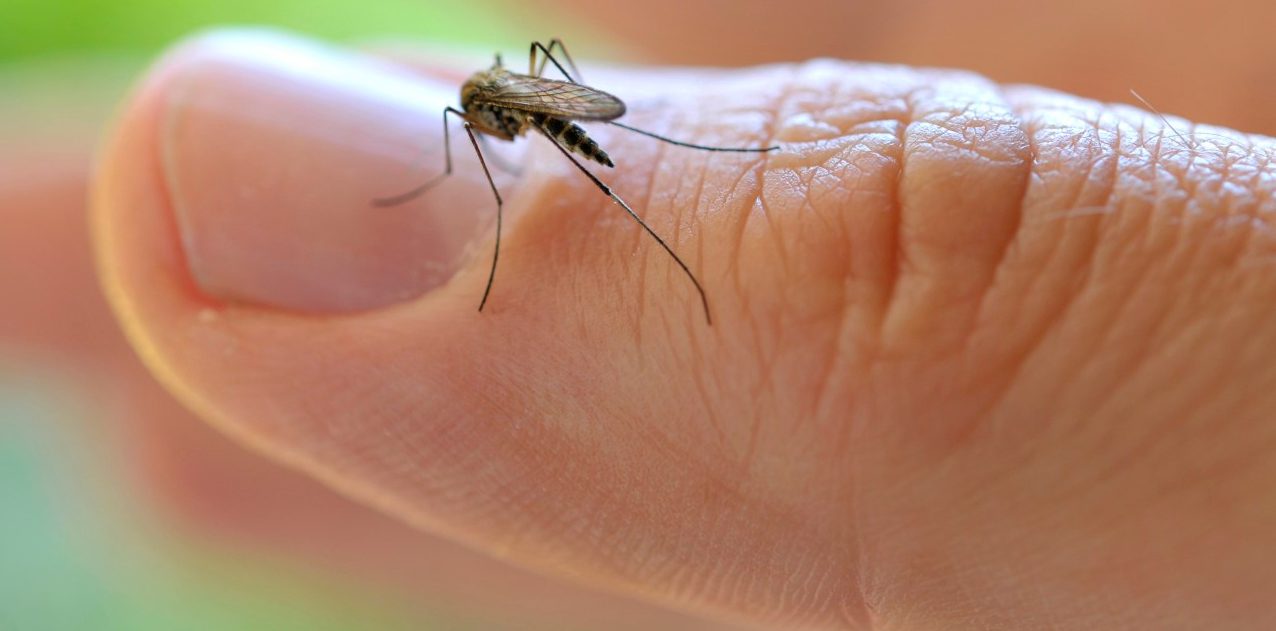How to Repel Mosquitoes

If you're trying to find out how to repel mosquitoes at home and on the go, you have many possible approaches, but how well each one works is open to debate.
No one likes mosquitos. It’s as if they were put on Earth to remind us that suffering is part of everyday life.
In North America, they’re generally just a nuisance, although they can carry, and spread, the West Nile virus, and rarely the La Cross virus; they're also spreading the Zika virus throughout South and Central America. Because they are so incredibly annoying – in real time and for days later as you resist the urge to scratch – there is a huge industry built around controlling them or keeping them from “biting” you.
YOU MIGHT ALSO LIKE: The Zika Virus: What You Need to Know
Do you attract mosquitoes?
Some people believe they attract mosquitos; that the pests find them tastier. Research suggests that’s actually true, and the attraction lies in our genes and the genes of mosquitos, which evolved with us.
“We know that mosquitoes have evolved to hone in on the carbon dioxide that we exhale and signatures like body heat,” Shannon Bennett, PhD, a microbiologist at the California Academy of Sciences, told Men’s Health. Other factors, maybe the most important, are the microbes living on your skin and natural odors all humans produce that are triggered at the genetic level.
How to repel mosquitoes
Now that you know you may, indeed, be a mosquito magnet, you can take some DIY steps to keep them away. Most are inexpensive, easy to set up, and you control the approach and ingredients, eliminating chemicals you may not want to use for personal reasons.
The easiest way to reduce mosquito populations dramatically without cost is to remove all standing water, where they can breed, from anywhere around your house. The only challenge is to think of spots that you normally wouldn’t, like crumpled tarps, woodpiles, and your neighbor’s yard. (Talk to your neighbor first.) Mosquitos can breed in as little as a teaspoon of water.
You can make it harder for mosquitos to hang around by trimming bushes and cutting your grass short, and by attracting animals that eat them in large quantities.
Those include bats, some bird species, frogs, toads, and dragonflies. One little brown bat (by far the most common) can eat up to 1,000 mosquitos an hour. Make them a house and know how to place it. It’s a little tricky. Having fish in your ornamental pool will take care of mosquito larvae.
Many experts also suggest adding a certain bacteria, BT, to the water in a pond, fountain, or birdbath to kill larvae. Even if the water is moving, there’s a slow or dead spot somewhere where they can breed. It’s harmless to pets, fish, birds, and wild life.
Other natural suggestions include yellow light bulbs in patio lamps because they don’t attract mosquitos as well as white bulbs do.
YOU MIGHT ALSO LIKE: How to Stay Healthy While Traveling Abroad
One DIY site says you can spray your yard and shrubbery at least monthly, more often if you like, with a natural mixture that also helps control fleas and ticks.
Good old citronella really does work, so burn candles on your patio tables and plant some citronella in your garden that you can pick to release the oil. Mosquitos don’t seem to like rosemary, catnip marigolds, and certain other plants either.
You can also make your own mosquito traps. Tests in several countries found that simple traps baited with fermented fruit juice and a toxin worked well in reducing the volume of mosquitos in a given area. Researchers who tested it suggest it will work best in subterranean sites, such as storm drain systems.
Another kind of trap features a mesh screen attached to the back of a standard box fan with magnets. When the fan is turned on, they get sucked into the screen. Next, you use an isopropyl alcohol dilution to spray the screen, and, bye bye mosquitoes. Experts also suggest that you can use unadorned fans to just annoy the mosquitoes away.
No matter how many mosquitoes you keep away, some are going to get you. If you’re into natural repellants without DEET, or just want to make some yourself, options include neem oil, but it really smells, so test it first.
Other natural alternatives include lemon, lemongrass, a liquid garlic concoction, and fabric softener sheets you put in your waistband.
There are natural sprays made from a combination of many essential oils or herbs. Some people swear by vinegar. The list of natural products goes on. Are they tried and true? Well, they’ve all been tried, but the only way for you to find out which is true is by trying them yourself. One person’s mosquito repellant might turn out to be another person’s salad dressing.
In a test of 11 DIY mosquito repellants, beer traps, garlic eaten in abundance, fabric sheets, dish soap in a saucer, soda (especially Mountain Dew), and a machine that blows gigantic bubbles worked.
Caveats included the fact that drinking beer attracts mosquitos to your skin, the question of whether you want to eat cloves of garlic every day, that the soda method works but probably not because of the soda, and the bubble machine is very goofy and probably works because of the soap in the bubbles.
If you want to go DIY commercial style, check out the Web’s self-proclaimed “most popular pest control store.” The site says its products are cheaper, but the same ones used by professionals for pest control. Keep that in mind.
Updated:
March 03, 2020
Reviewed By:
Janet O’Dell, RN